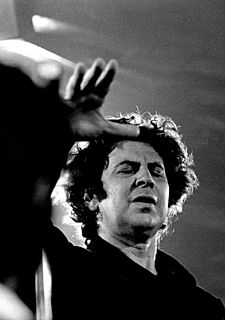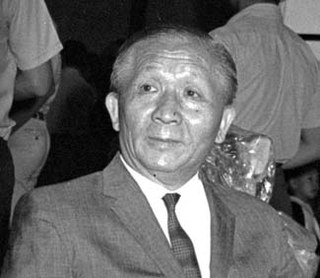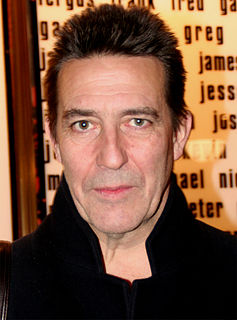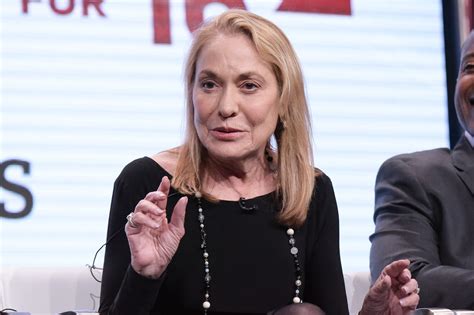A Quote by Mikis Theodorakis
My father's father fought to free Crete from the Turks, who expelled my mother from her ancestral home in Asia Minor in 1922. So how could I stand aside from my country's troubles?
Related Quotes
Her [Eleanor Roosevelt] father was the love of her life. Her father always made her feel wanted, made her feel loved, where her mother made her feel, you know, unloved, judged harshly, never up to par. And she was her father's favorite, and her mother's unfavorite. So her father was the man that she went to for comfort in her imaginings.
My mother's family is Christian: her father was a Baptist lay preacher, and her brother, in a leap of Anglican upward mobility, became a vicar in the Church of Wales. But my mother converted to Islam on marrying my father. She was not obliged to; Muslim men are free to marry ahl al-kitab, or people of the Book - among them, Jews and Christians.
I mean, her father was an alcoholic, and her mother was the suffering wife of a man who she could never predict what he would do, where he would be, who he would be. And it's sort of interesting because Eleanor Roosevelt never writes about her mother's agony. She only writes about her father's agony. But her whole life is dedicated to making it better for people in the kind of need and pain and anguish that her mother was in.
When my daughter went to school, her last name was mine. The school insisted that her father's name be added to hers, not her mother's. The fact that the mother kept her in her womb for nine months is forgotten. Women don't have an identity. She has her father's name today and will have her husband's tomorrow.
The Son is called the Father; so the Son must be the Father. We must realize this fact. There are some who say that He is called the Father, but He is not really the Father. But how could He be called the Father and yet not be the Father?... In the place where no man can approach Him (I Tim. 6:16), God is the Father. When He comes forth to manifest Himself, He is the Son. So, a Son is given, yet His name is called 'The everlasting Father.' This very Son who has been given to us is the very Father.
My father has acted in over 700 films. My mother acted in one film, 'Kismat with Mithun Chakraborty,' in which my father also had a role. My father fell in love with her and would drive her around in his sports car, and they subsequently got married. My mom is the most beautiful woman and I think she has taken some serum to look young all her life.
My father was a world-class scientist and my mother was a prolific painter. I could see that my parents had completely different ways of knowing and understanding the world, and relating to it. My father approached things through scientific inquiry and exploration, while my mother experienced things through her emotions and senses.
Her kitsch was the image of home, all peace, quiet, and harmony, and ruled by a loving mother and a wise father. It was an image that took shape in her after the death of her parents. The less her life resembled the sweetest of dreams, the more sensitive she was to its magic, and more than once she shed tears when the ungrateful daughter in a sentimental film embraced the neglected father as the windows of the happy family's house shone out into the dying day.







































